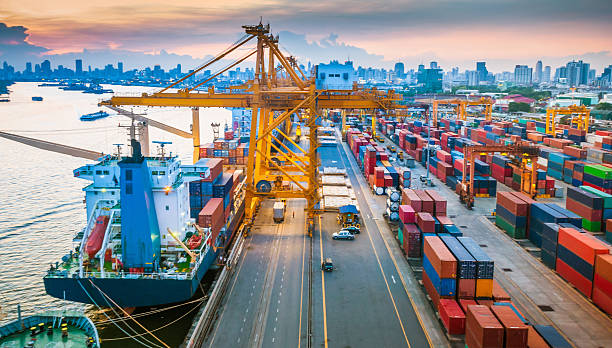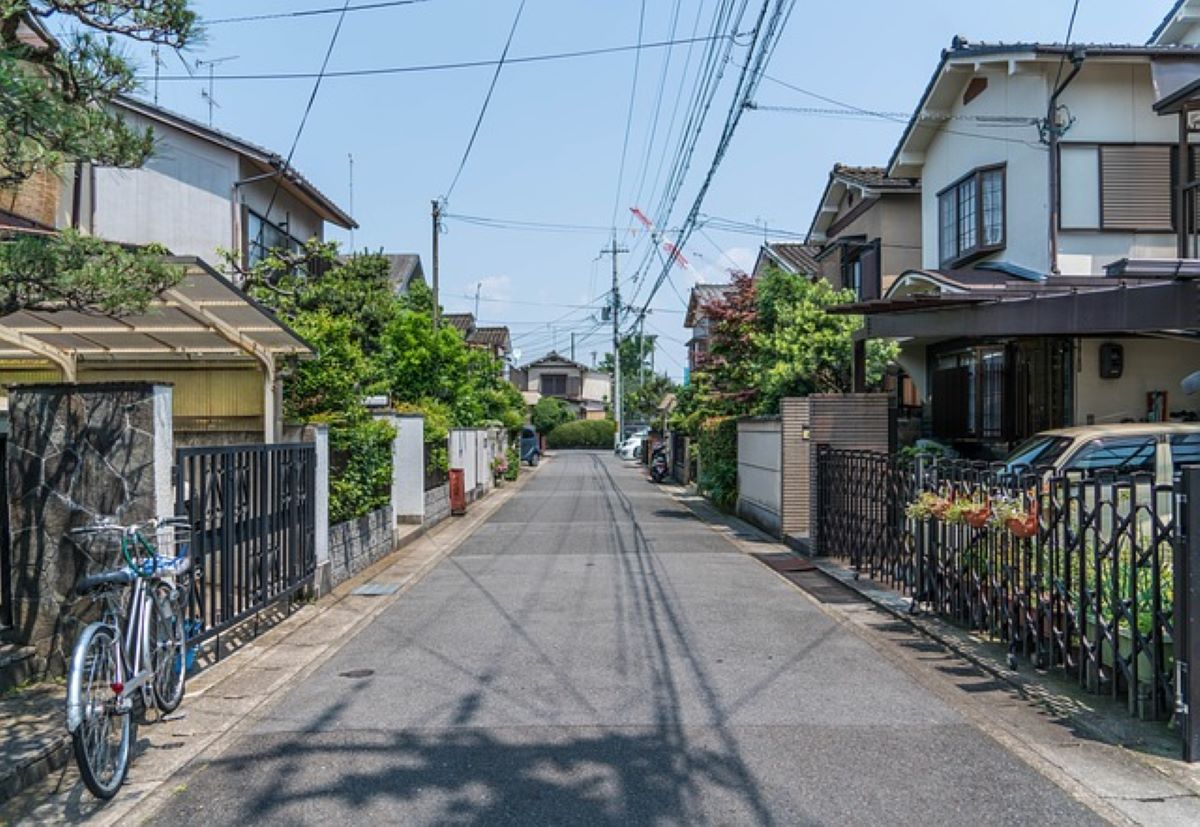The number of Nigerians looking to import goods into the country increases by the day. However, a large number of this group does not have the necessary knowledge regarding the procedures to follow.
Are you in the dark about the procedures necessary to import goods into Nigeria? Be it building materials, house decoration items, or anything of choice; this article will illuminate you regarding the clearing and forwarding procedures in Nigeria.
Clearing and forwarding are terms that describe the logistics and legalities associated with the importing or exporting of goods. This process usually involves the services of a clearing agent and a freight forwarder in Nigeria, such as Vagmon e-Grup & Logistics Ltd.

Clearing agents are licensed personnel whose job involves the declaration of the importers or exporters goods to Customs.
While services provided by freight forwarders include:
- Carriage services
- Consolidation services
- Storage services
- Handling services
- Packing or distribution of goods
- Ancillary and advisory services and so much more
Without further ado, let’s dive into the procedures.
1). Pre-Importation Documents
Form M is a prerequisite for every standard importation method in Nigeria. However, to acquire the Form M, you need some necessary documents. These are:
- The proforma Invoice
- Marine Insurance Certificate
- The SON Product Certificate
For used items, you’ll also require a few permits, such as:
- SON Import Permit
- NESREA Import permit
2). Shipping
Once you have your Form M in place, you can begin shipping your cargo. However, You need to issue your Form M to your shipping company for the issue of shipping documents. Depending on your method of shipping, this document includes:
- Air waybill, (shipping by Air)
- Bill of lading or sea waybill (shipping by Sea)
3). Customs Duty
After the release of the documents, you proceed to the DTI cafe or the clearance agency cafe. Here, you’d receive the customs debit note, which is a document showing how much customs duty you need to pay. After this, you proceed to make payment at an approved bank.
4). Examination of Cargo
After the payment of customs duty, you are a step closer to getting your goods. In this case, The next step is what I call the vetting phase. Here, various units inspect your goods. These units show approval through appending signatures and stamps. These units include:
- Enforcement Unit
- Customs Intelligence Unit
- Customs Gate control
Upon securing stamps, you’re cleared for Government agencies to sign your examination form. Some of these agencies include:
- NDLEA
- Anti-Bomb
- Police
- SSS
- NAFDAC
- SON, etc.
5). Issuance and Payment of Debit Notes
At this stage, you obtain shipping company charges and terminal charges. By presenting the Bill of lading or air waybill to the shipping company, the shipping company will issue you, or the clearance agent, debit notes.
Additionally, you need to obtain a debit note from terminal operators. You get these charges and pay at an approved bank. Note that, without these payments, your goods will not be released.
The shipping company releases your goods to the terminal once payment is approved. And a delivery order comes your way. Here, the terminal operator issues the Terminal Delivery Order (TDO), clearing the release of your goods.
Conclusion
Generally, this article has discussed in detail the clearance and forwarding procedures. And by following these procedures, you can successfully clear your goods.

ABOUT THE AUTHOR
AdHang is a top Real Estate Digital Marketing Agency located in Nigeria, with over 15 years of experience in digital marketing in Africa. The agency has helped many companies across the globe to reach millions of target clients and prospects via the Internet.






